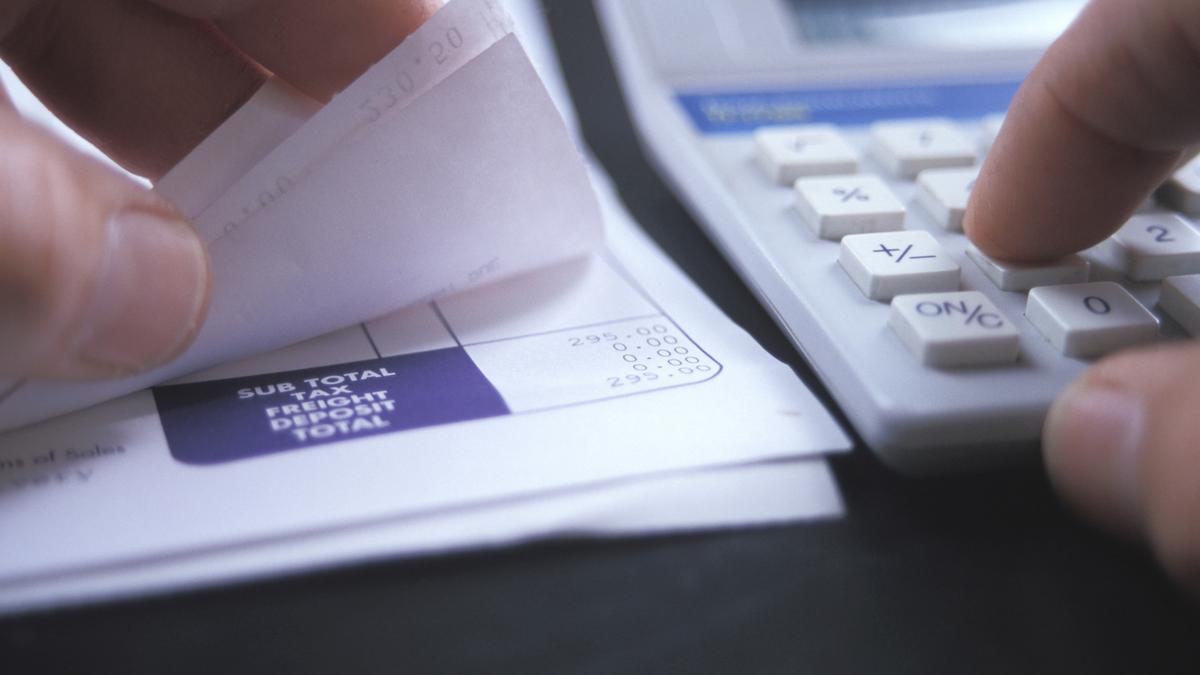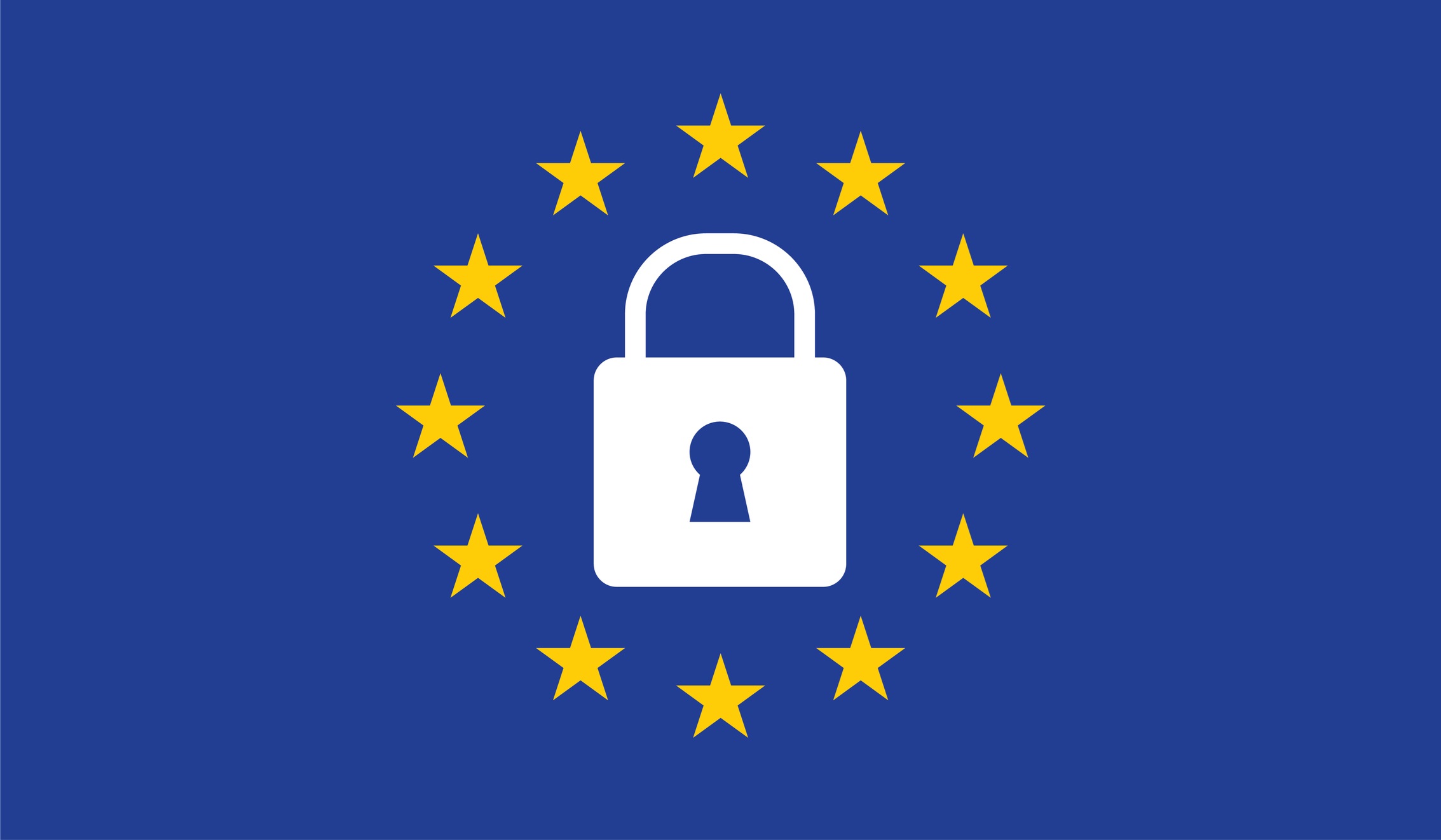What is a personal CPA?
A Certified Public Accountant (CPA) is a professional accountant who is licensed to practice in the United States. Individuals who pass the Uniform CPA Examination and satisfy the education and experience requirements are designated as certified public accountants (CPAs) by the American Institute of Certified Public Accountants (AICPA). The CPA designation aids in the enforcement of professional accounting standards. Other nations, such as the United Kingdom, offer certifications that are comparable to the CPA title, such as the chartered accountant (CA) designation.
Understanding Certified Public Accountants (CPA)
A bachelor’s degree in business administration, finance, or accounting is required to become a personal cpa. Individuals must also finish 150 hours of study and have at least two years of experience in public accounting. CPAs must pass a certification test, with different criteria depending on the state. In addition, maintaining the CPA qualification necessitates the completion of a certain number of continuing education hours each year.
CPAs have a variety of employment possibilities, including public accounting and corporate accounting. CPAs can also advance to leadership roles such as controllers or chief financial officers (CFOs).
CPAs are most recognized for their work with taxes, although they can also specialize in auditing, bookkeeping, forensic accounting, managerial accounting, and information technology.
Types of CPA’s
Personal CPAs come in a variety of shapes and sizes. CPAs usually work as accountants in some capacity. To put it another way, they prepare, maintain, and evaluate financial statements and associated transactions for businesses. Many CPAs prepare tax returns and forms for both people and corporations. Audits can be performed and signed off on by CPAs.
Working in corporate accounting or for private firms does not necessitate the CPA qualification. On the other hand, public accountants must have a CPA qualification if they work for a company that offers accounting and tax-related services to corporations.
What Is the Difference Between a CPA and an Accountant?
Accountants and CPAs (Certified Public Accountants) are both necessary for business activities; however, there is a significant difference between the two. CPAs are accountants, but not all accountants are CPAs. This is due to differences in licensure, function, abilities, and other reasons.
The American Institute of Certified Public Accountants regulates or supervises CPAs (AICPA). The primary services supplied by CPAs are assurance services and public accounting. On the other hand, CPAs who act as consultants are not auditors.
Accountants are not governed by a specific organization. The major tasks of an accountant are to plan for the future, audit accounts, and keep books of accounts. In terms of planning and accounting strategy, an accountant looks at a company’s whole position and works as a business advisor.
Only a CPA may create an audited or reviewed financial statement in the assurance service category, although any accountant can prepare a compiled financial statement.
Requirements and code of ethics
Regular accountants do not require to follow a code of ethics because they are not governed by anybody. On the other hand, CPAs are members of the American Institute of Certified Public Accountants (AICPA) and must adhere to the AICPA’s rigorous ethical principles and professional standards. The following are the five categories of the Code of Ethics:
- Responsibilities
- The general welfare
- Integrity
- Objectivity and autonomy
- With due caution








Comments